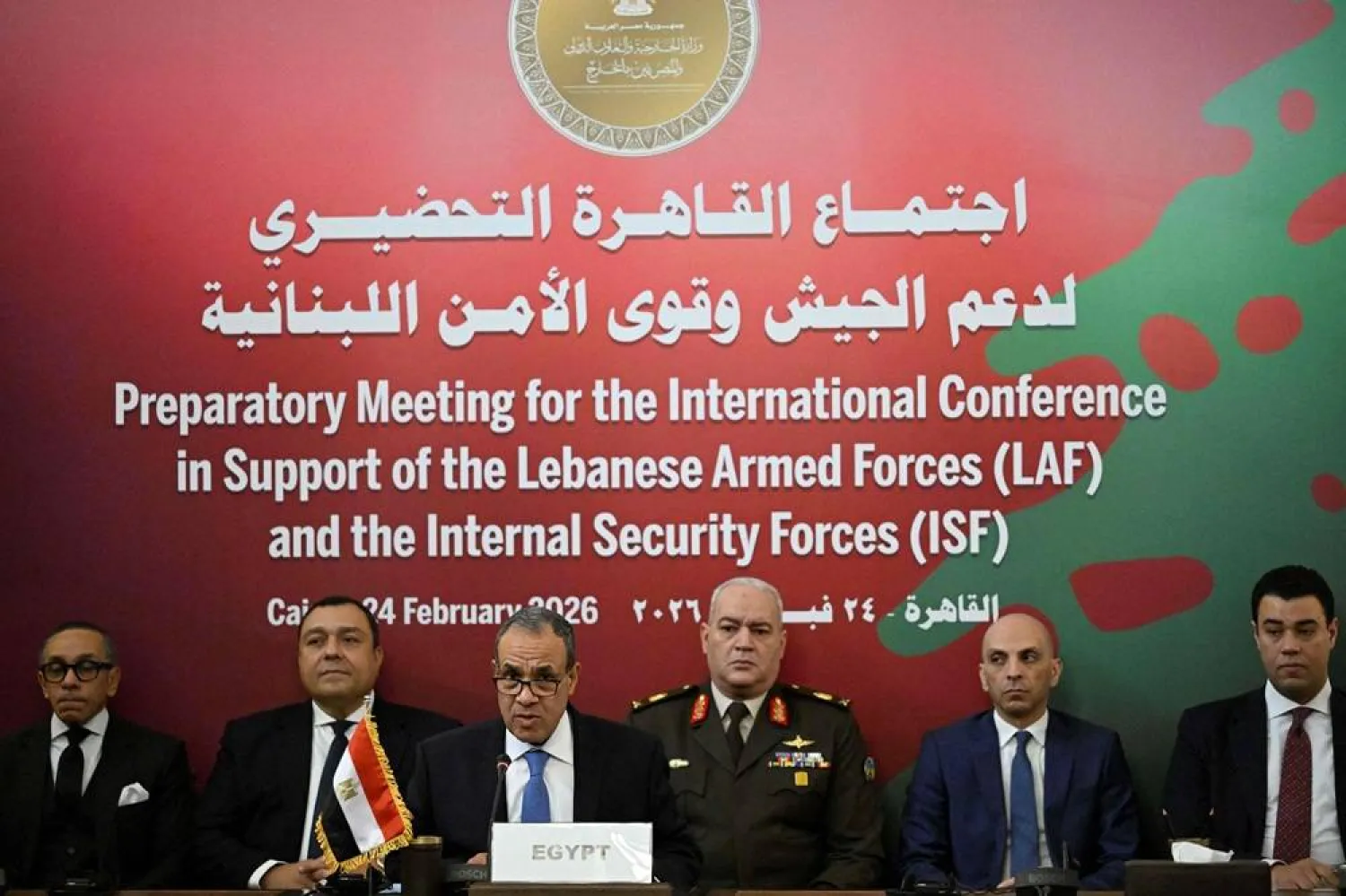The Iraqi Ministry of Migration has estimated that around 7,000 Lebanese citizens have arrived in Iraq, fleeing the ongoing war and the Israeli attacks on Lebanon, particularly in predominantly Shiite areas.
Meanwhile, the head of Najaf’s Provincial Council has urged the parliament to take advantage of the expertise among the displaced by contracting them to work in governmental institutions.
Ali Abbas Jahangir, a spokesperson for the Ministry of Migration, told Asharq Al-Awsat that the total number of Lebanese arrivals in Iraq is still not precise, as full statistics from land and air crossings, such as the Al-Qaim border crossing and Najaf and Baghdad airports, have not yet been provided.
He added: “The data we have indicate there are 4,600 displaced persons, and we estimate there may be around 7,000 based on initial figures from religious offices and border crossings.”
Jahangir denied rumors of a plan to resettle Lebanese refugees in Iraq, stating: “This is not about resettlement. There are cities and hotels in Karbala and Najaf that have accommodated them, but some families preferred to go to relatives and friends in other Iraqi provinces.”
Iraqi activists had discussed political efforts to resettle the Lebanese in various Iraqi cities, with some even circulating unverified recordings suggesting that Diyala province was being considered as a potential location for them.
The ministry’s spokesperson explained: “We have a few Lebanese families in Diyala, also in Salah al-Din province, and about five families went to the southern city of Samawah to stay with acquaintances and friends, as per their own preference.”
On Monday, the Ministry of Migration issued an urgent call to Lebanese citizens in Iraq, asking them to contact the ministry via provided phone numbers to “register them in the ministry’s database, secure their essential needs, and provide all possible assistance until the current crisis ends.”
The head of Najaf’s Provincial Council, Ghaith Raad al-Kilabi, submitted to the Iraqi Parliament a proposal to take advantage of the medical expertise of Lebanese professionals among the displaced population.
In his proposal to the federal parliament, Kilabi stated: “Given the arrival of a number of skilled professionals, including those in specialized medical fields, we suggest taking advantage of these scientific competencies according to their expertise and the needs of the country.”









